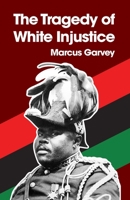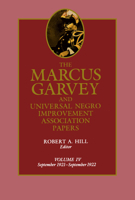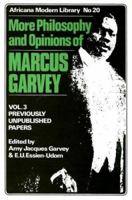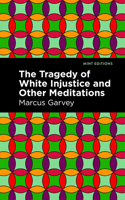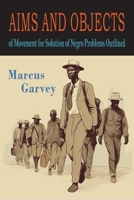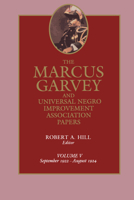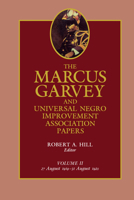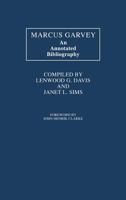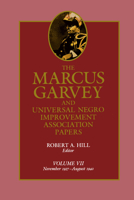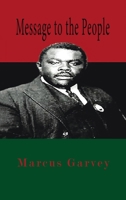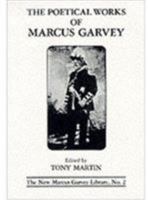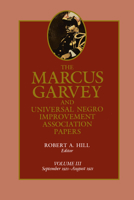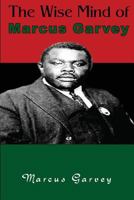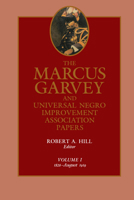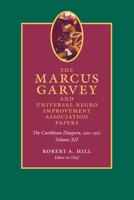The Tragedy of White Injustice
Select Format
Select Condition 
You Might Also Enjoy
Book Overview
When he published its third edition from London, Garvey described The Tragedy of White Injustice in these terms: "It must be remembered that this is not an attempt at poetry: it is just a peculiar style of using facts as they impress me as I go through the pages of history and as I look at and note the conduct of the white race." Garvey wrote this "epic poem" while in an Atlanta prison. Its first and second editions were published while he was serving a five-year sentence "as the result of the white man's prejudice in America." According to him, at the time of publishing the third edition, thousands of copies had already been circulated all over the world. In this foreword to the third edition, Garvey indicated that Mussolini's "savage like" efforts to "conquer Abyssinia" inspired its publication. This description may be from another edition of this product.
Format:Paperback
Language:English
ISBN:168422151X
ISBN13:9781684221516
Release Date:September 2017
Publisher:Martino Fine Books
Length:28 Pages
Weight:0.15 lbs.
Dimensions:0.1" x 6.1" x 9.2"
More by Marcus Garvey
Customer Reviews
5 customer ratings | 5 reviews
There are currently no reviews. Be the first to review this work.











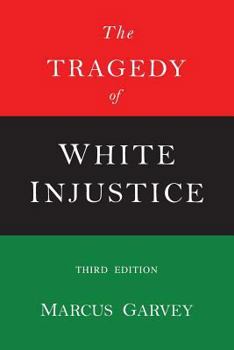




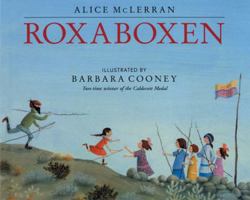
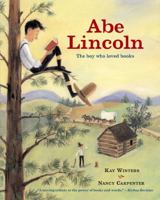
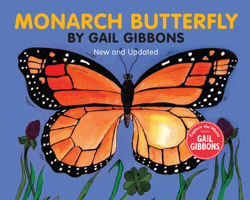


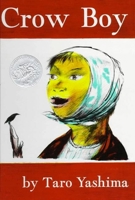
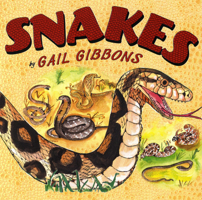

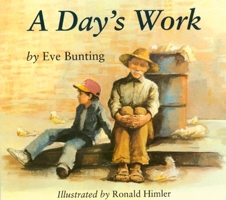

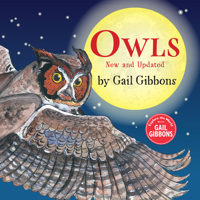


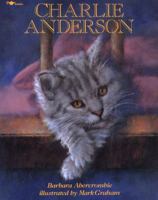
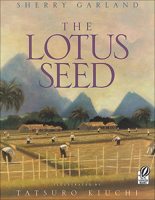

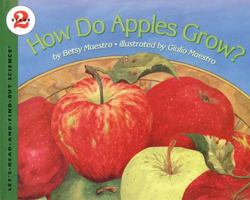
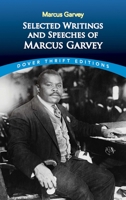
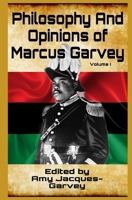
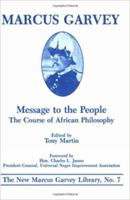
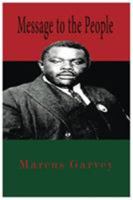
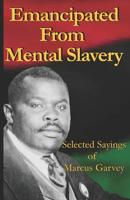
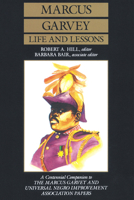
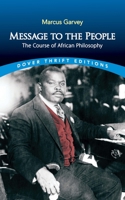
![Philosophy and Opinions of Marcus Garvey [Volumes I & II in One Volume]](https://i.thriftbooks.com/api/imagehandler/s/88B4A7202B0F0729DB887C97F562AF91FC8CF6E6.jpeg)

